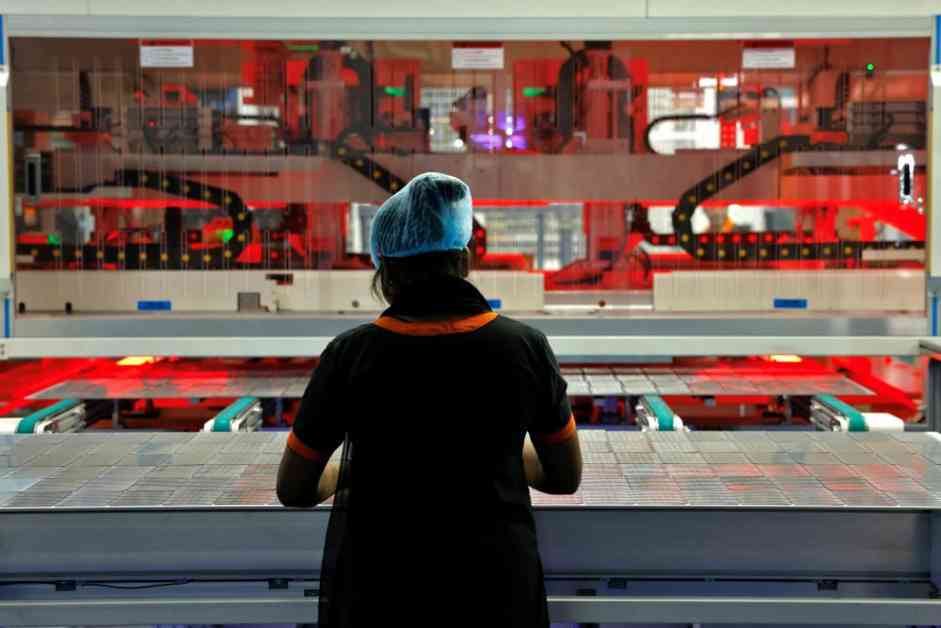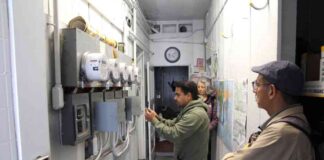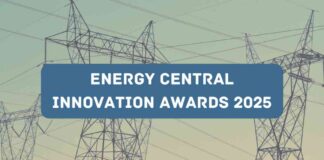Gender Equality Risks at COP29: Addressing Women’s Inclusion in Sustainable Development
In a world striving towards sustainable development and clean energy, the issue of gender equality remains a significant concern, particularly in regions like India. The recent COP29 UN climate summit in Baku, Azerbaijan, shed light on the challenges women face in accessing and thriving in the green energy sector. As the world grapples with the urgent need to transition to a low-carbon economy, ensuring women’s inclusion and empowerment is crucial for achieving lasting progress.
A Personal Story of Struggle and Resilience
Meet Mona Kumari, a determined 23-year-old college graduate from Rajasthan, India, who dreamt of a career in the solar sector to support her family financially. Despite completing a government-sponsored solar training course with enthusiasm and skill, Kumari faced an unexpected hurdle – her parents’ reluctance to allow her to work in remote locations without proper facilities like transport and washrooms. This simple yet poignant story encapsulates the societal roadblocks that hinder women’s participation in India’s green energy workforce.
Kumari’s experience reflects a larger trend observed globally, where women continue to be underrepresented in the clean energy sector. Data from the Skill Council for Green Jobs in India reveals that men dominate green skills training programs, with women making up only 11% of the workforce. This disparity underscores the urgent need for targeted interventions to promote gender diversity and ensure equal opportunities for all individuals interested in pursuing green careers.
Expert Insights and Calls for Action
Lorena Aguilar, a leading gender expert, emphasizes the importance of destigmatizing job roles in the green transition and creating a level playing field for both men and women. While women are increasingly entering climate and environmental sciences at the academic level, the ground reality paints a starkly different picture, with limited access to training and skilling opportunities for marginalized communities.
Arpit Sharma, head of India’s Skill Council for Green Jobs, highlights the critical need for industry collaboration to address key barriers faced by women in the sector. From inadequate facilities at project sites to societal perceptions of gendered work roles, concerted efforts are required to make green skills training more inclusive and accessible to women across all strata of society.
Empowering Women for a Sustainable Future
As the demand for green skills surges globally, initiatives like India’s “Solar for She” project are paving the way for greater female participation in the solar industry. By providing decentralized training opportunities and promoting women as valuable assets in the clean energy workforce, countries can harness the full potential of their human capital for a sustainable future.
In conclusion, the journey towards gender equality in the green energy sector is a collective endeavor that demands proactive measures, policy reforms, and societal shifts to create a more inclusive and diverse workforce. By championing women’s empowerment and breaking down systemic barriers, we can build a greener, more equitable world for all. Let us envision a future where every individual, regardless of gender, has the opportunity to thrive and contribute meaningfully to our shared sustainable development goals.














